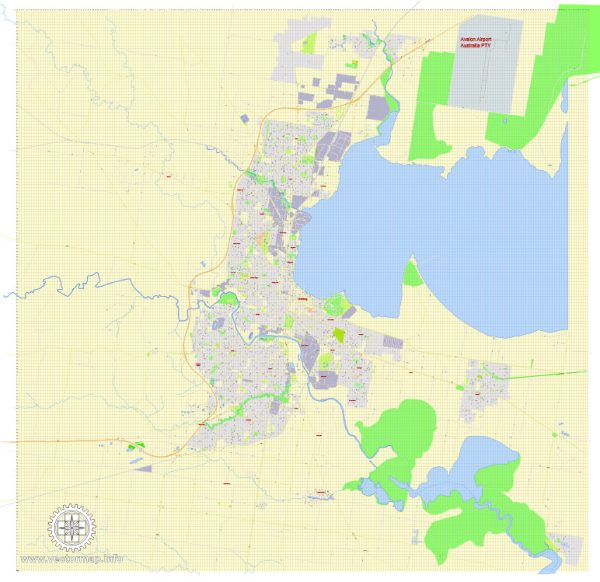Geelong, Australia, is a vibrant city located in the state of Victoria, about 75 kilometers southwest of Melbourne. It is the second-largest city in Victoria and has a diverse socio-economic landscape. Geelong has undergone significant economic and demographic changes over the years. Here’s a general socio-economic description of the area:
- Industry and Employment: Geelong has traditionally been an industrial city, with a strong manufacturing base, especially in the automotive and textile sectors. However, the city has experienced a shift in its economic base in recent years. The decline of manufacturing has been partly offset by the growth of other sectors, including healthcare, education, technology, and tourism.
- Education: Geelong is home to several educational institutions, including Deakin University and the Gordon Institute of TAFE. These institutions have a positive impact on the city’s socio-economic profile, attracting students and staff, and contributing to the knowledge-based economy.
- Health and Services: The healthcare sector is a significant contributor to the local economy, with institutions like the University Hospital Geelong and several private hospitals providing healthcare services and employment opportunities.
- Tourism: Geelong’s coastal location and nearby attractions like the Great Ocean Road and the Bellarine Peninsula have made it a popular tourist destination. The tourism industry supports local businesses, including hotels, restaurants, and recreational activities.
- Housing: Geelong offers a range of housing options, from affordable suburban homes to more expensive properties along the waterfront. Housing affordability is generally better than in Melbourne, attracting people looking for a lower cost of living.
- Demographics: Geelong has a diverse population, with a mix of cultural backgrounds and income levels. Like many Australian cities, it has experienced population growth due to migration, both domestic and international.
- Transport: Geelong’s connectivity to Melbourne is essential for commuters and businesses. The opening of the Geelong Ring Road and improvements in public transport have improved transportation options.
- Social Services: The city provides a range of social services, including healthcare, education, and community support programs to cater to the needs of its residents.
- Cultural and Recreational Activities: Geelong offers a variety of cultural and recreational activities, including art galleries, theaters, festivals, and sports events. The city’s waterfront and parks provide ample opportunities for outdoor leisure activities.
- Innovation and Technology: Geelong is making efforts to foster innovation and technology sectors, with initiatives and co-working spaces to encourage startups and entrepreneurs.
In recent years, Geelong has seen efforts to diversify its economy and adapt to changing economic conditions. While challenges persist, the city is working to create a more resilient and vibrant socio-economic environment. Please note that specific socio-economic data may change over time, and it’s always a good idea to refer to more recent sources for the most up-to-date information.


 Author: Kirill Shrayber, Ph.D. FRGS
Author: Kirill Shrayber, Ph.D. FRGS